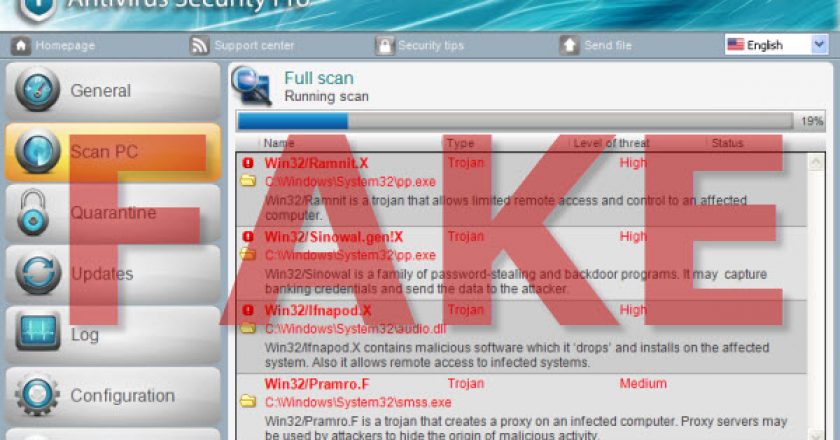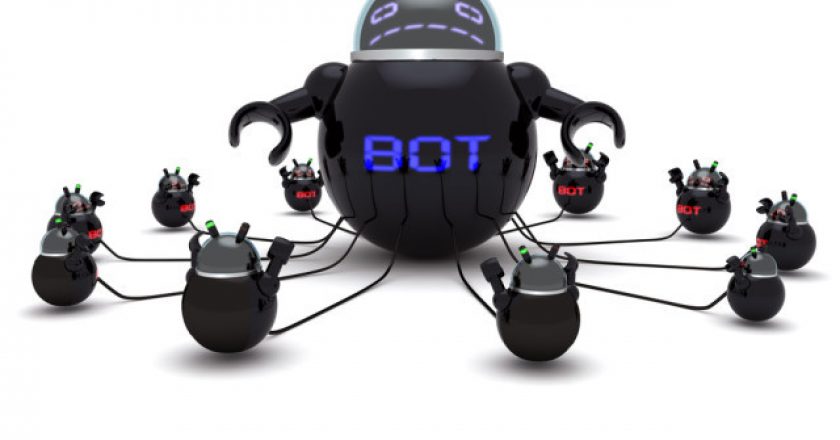Reading the coverage of the recent breach of Adobe passwords, we learned that 1.9 million users used “123456” as their password. That’s right: out of 38 million cracked passwords, almost two million adults used ones more suited to five-year-olds.



Reading the coverage of the recent breach of Adobe passwords, we learned that 1.9 million users used “123456” as their password. That’s right: out of 38 million cracked passwords, almost two million adults used ones more suited to five-year-olds.

A fake antivirus programme in circulation uses at least a dozen stolen digital code-signing certificates, indicating cybercriminals are increasingly breaching the networks of software developers, Microsoft wrote on Sunday.

A Russian-speaking group is advertising “bulletproof” hosting for cybercriminals from data centres in Syria and Lebanon, an apparent effort to place new services in locales where Western law enforcement has little influence.

The new products provide security without compromising system performance.

Network Solutions is investigating an attack by a pro-Palestinian hacking group that redirected websites belonging to several companies.

The rise of cloud is providing a good fit for disaster recovery, but is it ultimately changing the way organisations …

Highly organised Russian groups have transformed mobile hacking into an industrial scale business, a kind of “malware-as-a-service,” complete with marketing affiliates, distributors and customer support.

A Home Affairs Select Committee has stated that the UK is losing the war on online criminal activity and that the government is too complacent in targeting cyber criminals.

Malware removed from forty percent of computers in those botnets, according to the vendor.

With the major developers of banking malware laying low, a new crook on the block has emerged gunning to be top dog in the market.
GET TAHAWULTECH.COM IN YOUR INBOX